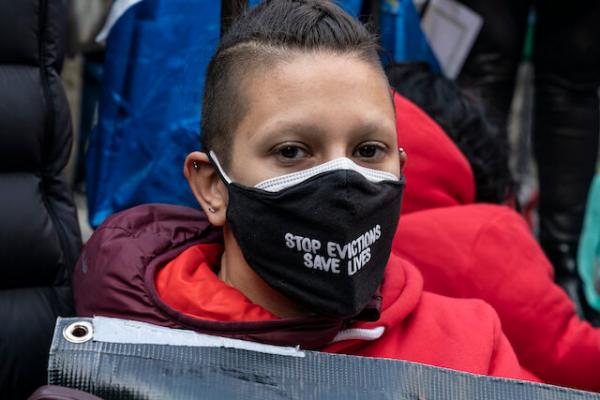Jan 24, 2022
Paul offers a reflection on accountability and community care when he uses the metaphor of a body for the community, writing, “If one member suffers, all suffer together with it; if one member is honored, all rejoice together with it” (1 Corinthians 12:26). Accountability requires seeing that we all belong to one another as members of the human community. This is why efforts to distinguish between the vaccinated and unvaccinated, the “healthy” and the “disabled,” the “deserving” and “undeserving” is antithetical to an ethic of accountability.
Read the Full Article

Already a subscriber? Login
